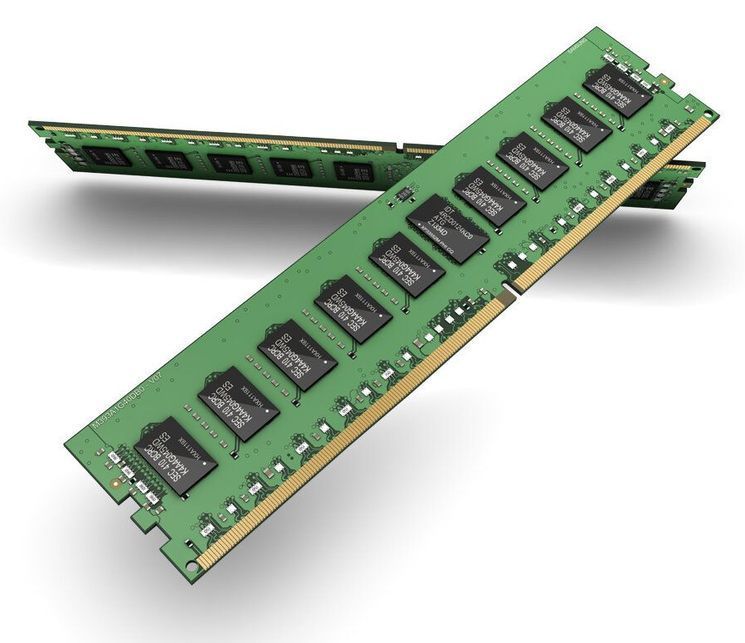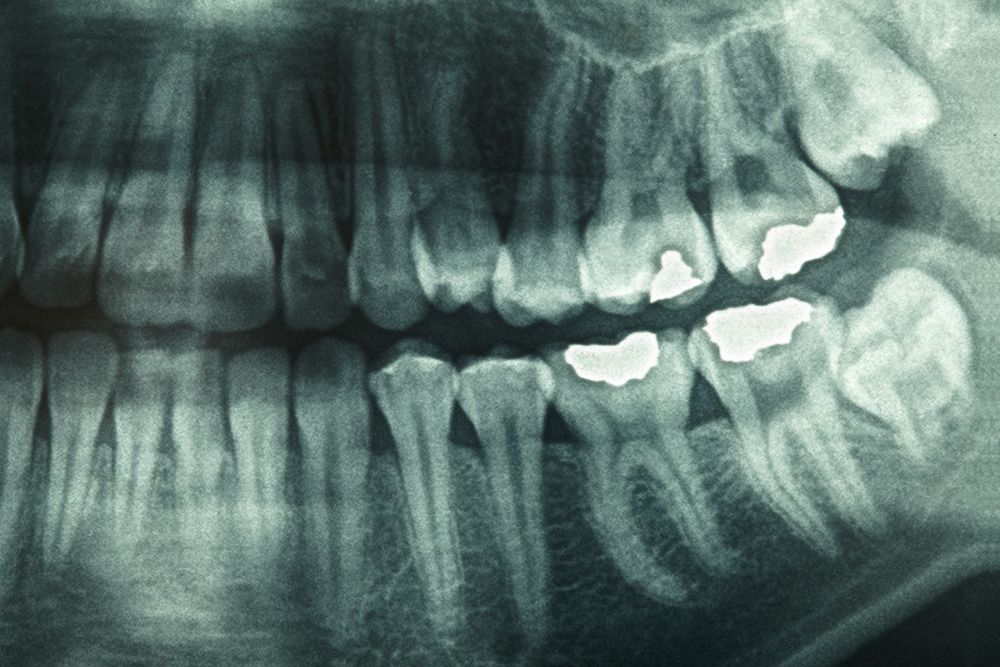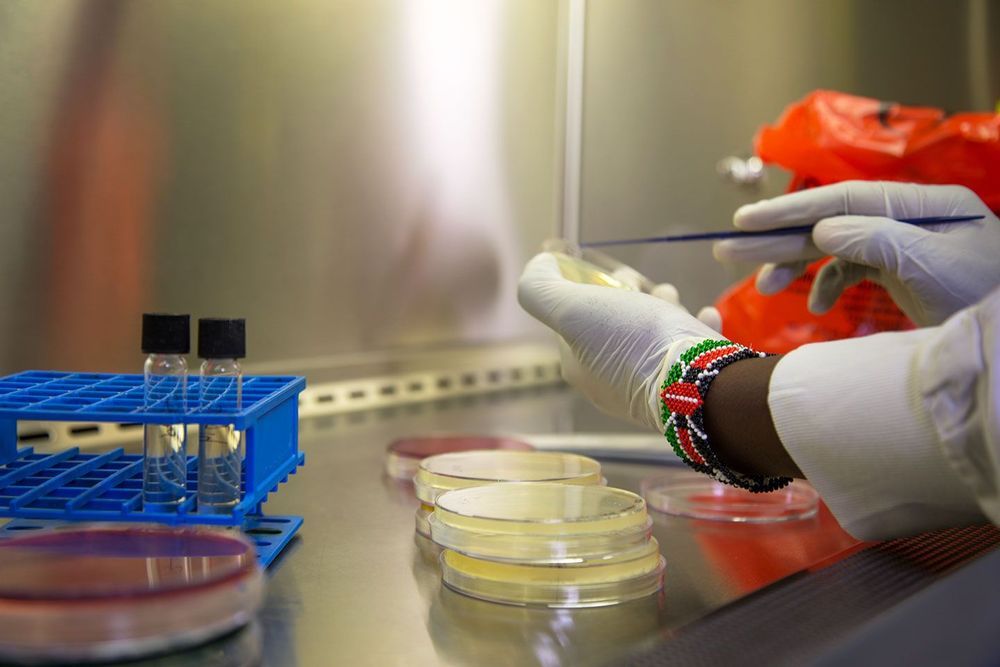Derek Haoyang Li, the founder of Squirrel AI Learning, is a serial entrepreneur who co-founded two publicly listed companies, and one of the companies has a market cap of $200 million. Squirrel AI Learning is the leading AI + education innovator and unicorn at the forefront of the K12 AI revolution. Within three years of its product release, Squirrel AI Learning has established more than 2,600+ learning centers in China and hosted the first series of human-vs-AI competitions in the Asia-Pacific region that proved the AI’s success. Squirrel AI Learning is recognized by Deloitte as one of the top 10 global AI enterprises with high growth. Squirrel AI Learning was also included in MIT Technology Review’s TR50 Smartest Companies in China list. Stanford Graduate School of Business has also published a case study on Squirrel AI Learning.







